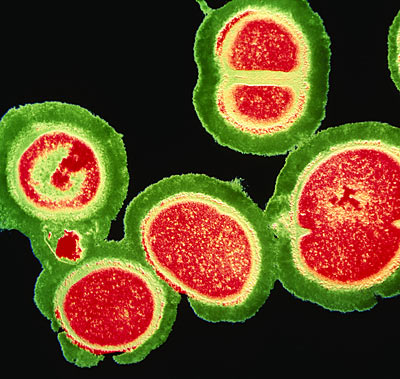These days, we hear more and more news about a dangerous disease called MRSA popping up almost anywhere: in hospitals, Senior Living Homes, schools… What is MRSA exactly? And what can you do to protect yourself and your loved ones?
MRSA, or Methicillin-resistant Staphylococcus aureus, is a bacterium that causes staph infection. Depending on where the infection takes place, symptoms can range from skin sores and boils to infections in surgical wounds, the bloodstream, the lungs, or the urinary tract.

People with weakened immune systems are especially susceptible, and infections can be found around surgical wounds or invasive devices like feeding tubes or catheters. This is why MRSA thrives in hospitals and nursing homes where such scenarios are common. But this is not a problem that is confined to medical facilities. Everyone should practice good hand hygiene and proper wound care to prevent cases like this.
In order to clear up the infection, antibiotics are prescribed. Unfortunately, MRSA is resistant to many antibiotics, so only a select few are effective. A physician may prescribe a topical cream to help relieve the painful boils and lesions that may develop. Too, topical antibiotics can help to prevent further spread of the bacteria, and patients who are allergic to the oral form can sometimes handle the topical form. When MRSA gets into the blood or into bone, intravenous antibiotics may be administered.
Colonization occurs when the bacterium is present, but there are no symptoms. When this takes place, universal health precautions need to be observed in order to prevent the spread to others.

MRSA has been found in many Residential Care Facilities for the Elderly (RCFE), also reffered to as Board and Care Communities. For information on state policies regarding MRSA in Senior Care Facilities, read MRSA Part 2. You can also call us at (619) 660-8814. We are happy to answer questions or concerns for families who are in need of eldercare solutions.
